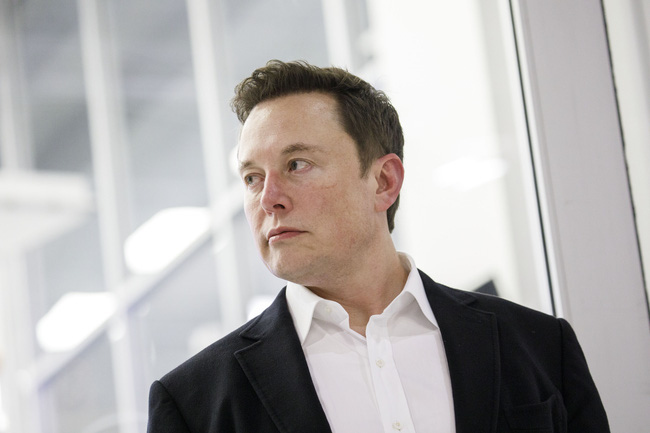Elon Musk’s Top 8 Meeting Rules: Including Walking Out of a Meeting That Wastes Your Time
Elon Musk, known for his innovative leadership and relentless pursuit of efficiency, has a unique approach to meetings. His meeting rules are designed to eliminate wasted time and boost productivity, helping his teams focus on what truly matters. Here are Elon Musk’s top 8 meeting rules, including his bold stance on walking out of meetings that waste your time.

1. No Large Meetings
Musk discourages large meetings, arguing that they waste time and energy. He believes meetings should be small and intimate, involving only the essential people who contribute directly to the topic at hand.
Why it matters: Smaller meetings are more focused and productive. Limiting attendees ensures that discussions remain relevant and efficient.
2. Walk Out of Meetings That Waste Your Time
One of Musk’s most famous rules is that it’s completely acceptable to walk out of a meeting if it isn’t providing value or is wasting time. He encourages employees to be bold and leave if the meeting isn’t useful for them.
Why it matters: This rule empowers individuals to take control of their time and avoid unproductive activities. It eliminates the pressure of staying in pointless meetings just for appearances.
3. Avoid Frequent Meetings
Musk advises against holding frequent meetings unless they are absolutely necessary. He believes regular meetings often become repetitive and serve little purpose. Instead, meetings should only happen when there is something critical to discuss.
Why it matters: By reducing the number of meetings, teams can focus more on executing tasks rather than constantly planning and discussing them.
4. Ditch Meetings If You Don’t Contribute
If you’re not adding value to the meeting, Musk says you shouldn’t be there. He believes people should skip meetings where their presence isn’t necessary, as this allows others to engage more deeply in the discussion.
Why it matters: It encourages participants to attend meetings only if they can actively contribute, saving time and ensuring that meetings remain purposeful and focused.
5. No Acronyms or Technical Jargon
Musk is a firm believer in clear communication. He discourages the use of acronyms, technical jargon, or terms that make it harder for people to follow the conversation. His goal is to ensure that everyone can understand and participate fully in discussions.
Why it matters: Clear communication reduces misunderstandings and ensures that everyone is on the same page, regardless of their expertise.
6. Stay Focused on the Agenda
Meetings should be purposeful and stick to the agenda. Musk advocates for staying focused on the core topics rather than allowing the discussion to drift into unrelated issues. If the agenda is covered quickly, the meeting should end early.
Why it matters: Staying focused on the agenda ensures that time is used efficiently and that important issues are addressed without unnecessary delays.
7. Get to the Point
Musk values brevity and directness in meetings. He encourages everyone to be concise and get to the point, avoiding long-winded explanations or unnecessary details. This helps keep meetings short and impactful.
Why it matters: By focusing on clarity and brevity, participants can cover more ground in less time, improving decision-making and reducing wasted time.
8. Only Hold Meetings When Absolutely Necessary
Musk believes meetings should only happen when they are essential. Unnecessary meetings or those scheduled out of habit are a waste of time. He encourages teams to think critically about whether a meeting is truly needed.
Why it matters: This rule helps eliminate the trap of scheduling meetings just for the sake of it, allowing teams to focus on meaningful work instead of sitting through unnecessary discussions.
Final Thoughts
Elon Musk’s meeting rules reflect his no-nonsense approach to productivity. By focusing on small, purposeful meetings and empowering employees to walk out of unproductive ones, Musk encourages a culture of efficiency and results-driven collaboration. These principles can be applied to any workplace to cut down on wasted time and keep teams focused on what really matters.














